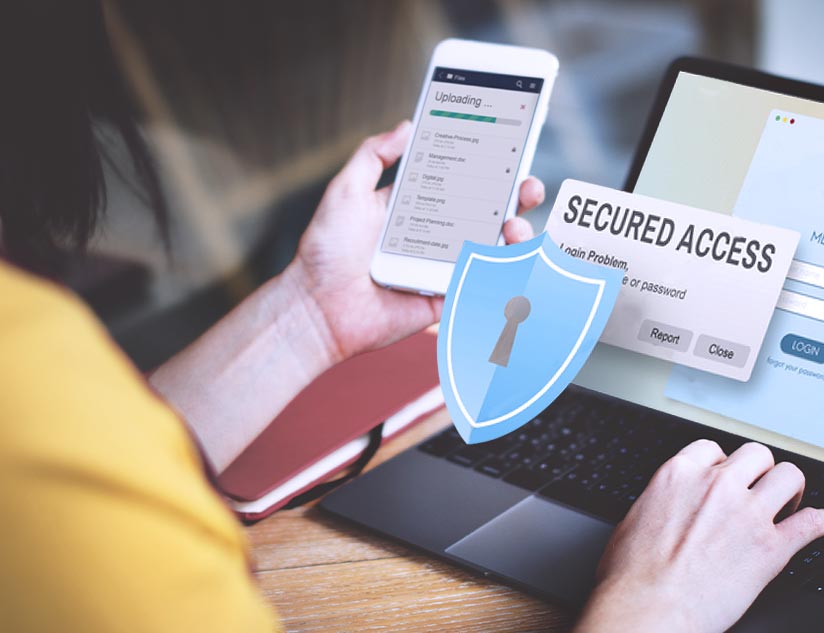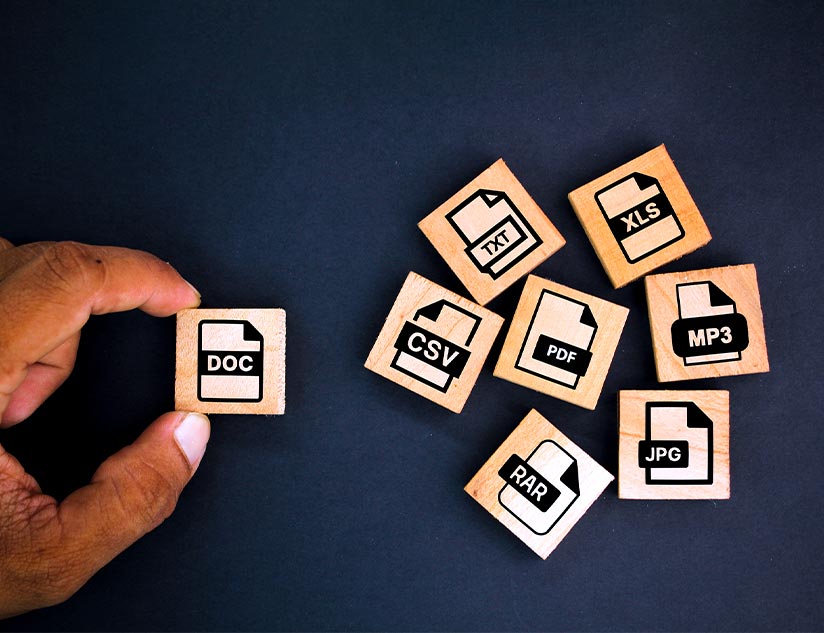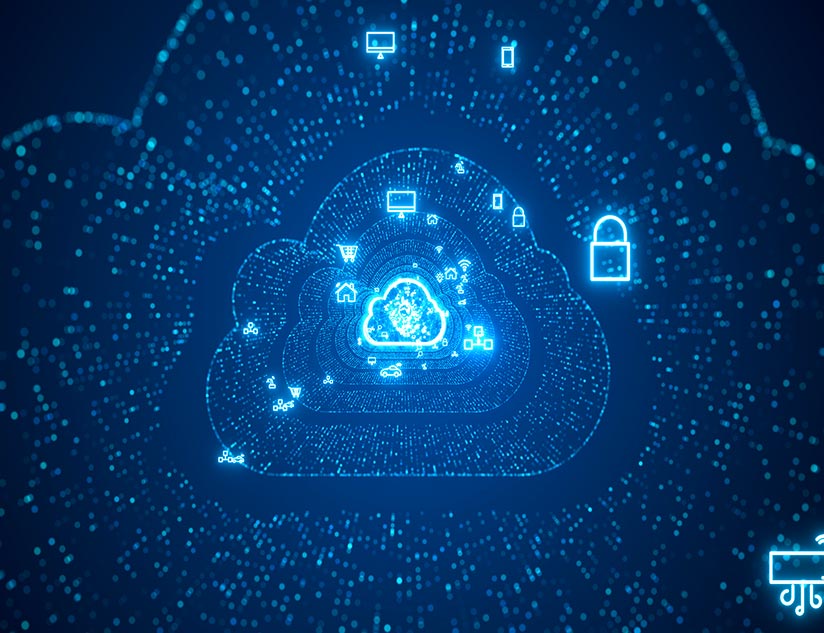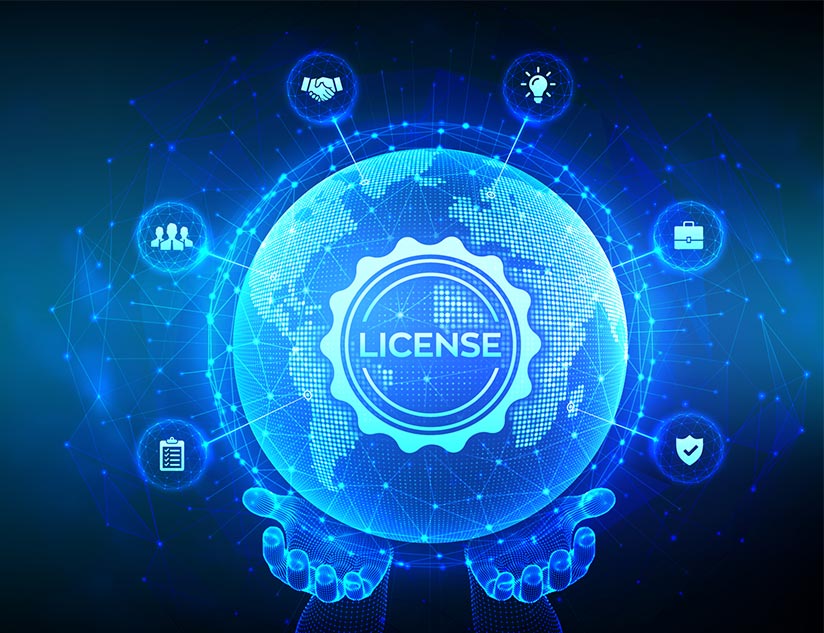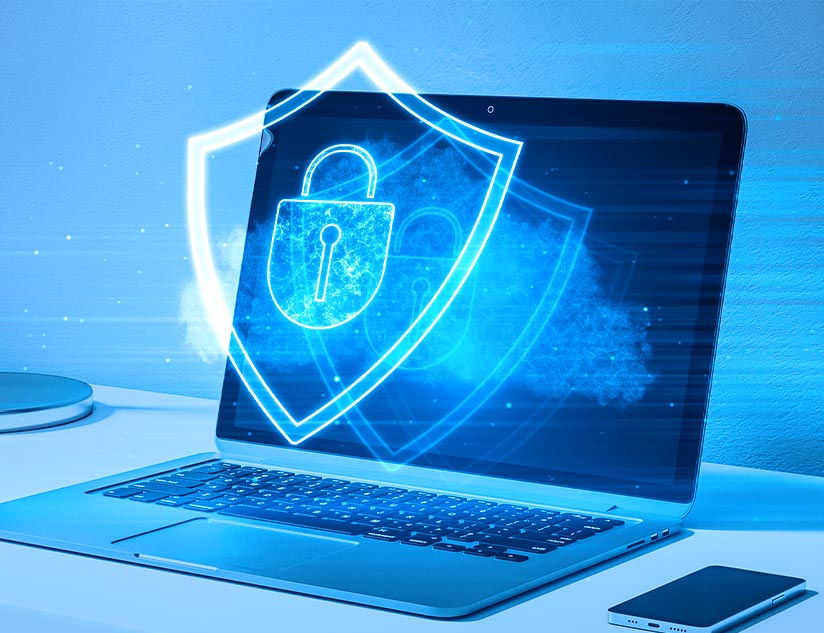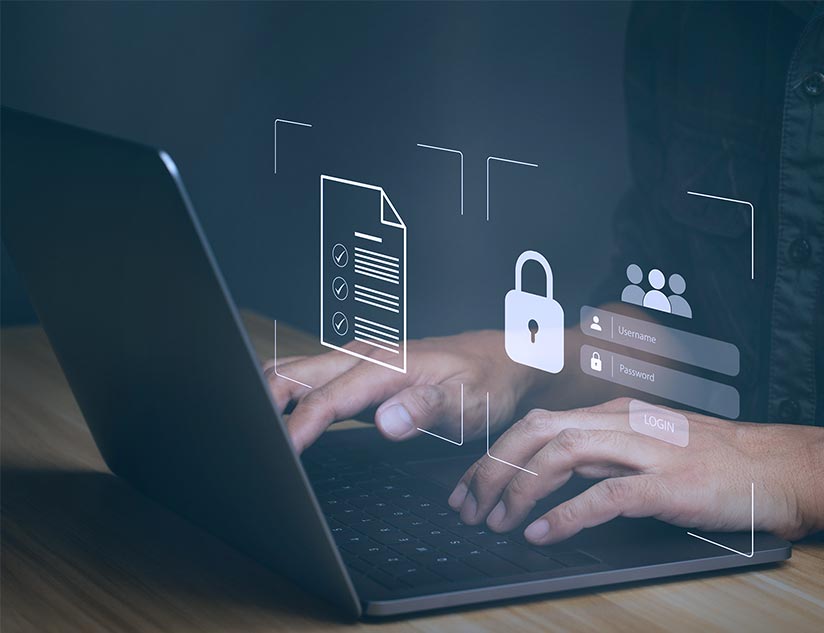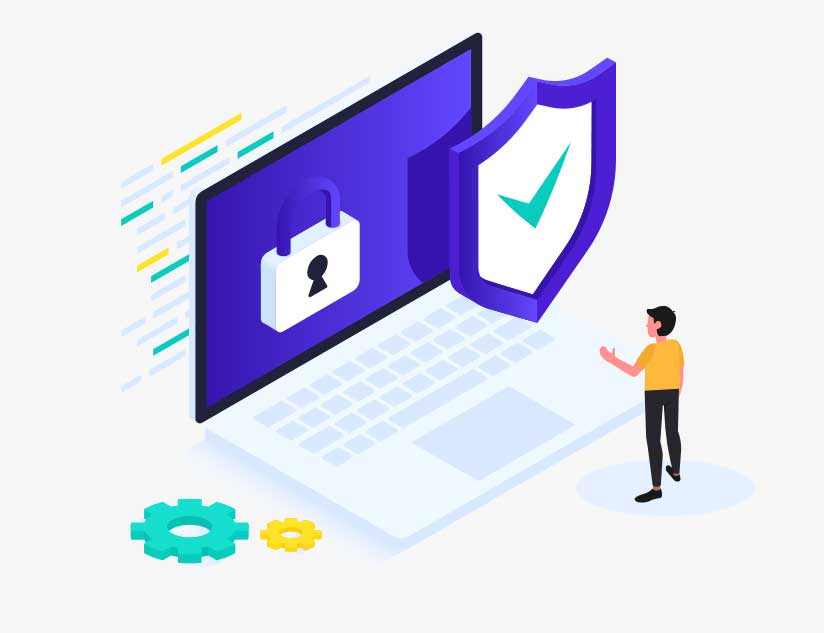With education moving online en-masse, schools across the world have seen widespread adoption of cloud-based EdTech solutions, third-party educational apps, and collaboration tools. The result is that educational institutions are now collecting vast amounts of data to serve students better and enhance the learning experience. So, the need for ensuring student data privacy has come into focus like never before. Regulatory bodies have not been unaware of this shift and have been working to ensure compliance with data protection laws. Student data privacy laws such as COPPA and FERPA in the United States and GDPR in the EU are already in place to protect student data online. Schools and educational publishers need to ensure compliance with these laws while offering remote learning.
What Does Data Privacy Include in Remote Learning?
The first step to complying with data privacy regulations is understanding what it comprises. There are 3 aspects – data privacy, data protection, and cybersecurity.
1. Data Privacy: Educational institutions are legally bound to protect the confidentiality of students’ personal data. This means that the way they collect, share, store and allow access to personal data needs to be in accordance with the existing regulations.
2. Data Protection: This includes the steps an institution takes to ensure that data is protected against corruption, compromise and loss. This covers more than cybersecurity and includes backups.
3. Cybersecurity: The safeguards put in place to protect data, such as firewalls and encryption, prevent unauthorized access.
When all the above measures conform with the data privacy laws, such as COPPA. FERPA and GDPR, meeting the required organizational and technological practices and procedures, compliance can be achieved.
Data Privacy Best Practices
Educational institutions and school districts need to ensure an effective data governance framework, which specifies how data will be collected, used and stored. This framework should also define who has access to the data and under what circumstances they can access it. As more and more educational institutions outsource third-party educational tools, vetting third-party apps and processes become crucial to ensure compliance.
1. Establish a System to Approve Apps and Vendor Contracts
Educational institutions are today using multiple apps, such as eReaders, assessment, collaboration and homework apps, and much more. Therefore, it is imperative to have an effective way to track the EdTech tools being used. For instance, many schools are using data analytics to offer students individualized learning paths and tailor content to diverse learning styles. However, there should be a means to track and monitor such critical data from a single dashboard. In addition, all approved apps being used should be housed on a single platform. This way, vendor contracts can also be easily reviewed and approved from a single place.
The list of approved apps should be reviewed and updated regularly, along with data regarding who is using which app, such as teachers, students, parents, school admin, etc.
2. Choose a Platform Compliant with Data Privacy Laws and Standards
A digital learning platform that is compliant with not just data privacy laws but also with industry standards can offer the best compliance solution. With such a platform, educational publishers and institutions can effortlessly manage access to the platform and its features. With robust digital rights and license management, data can be accessed only with proper authorization and authentication.
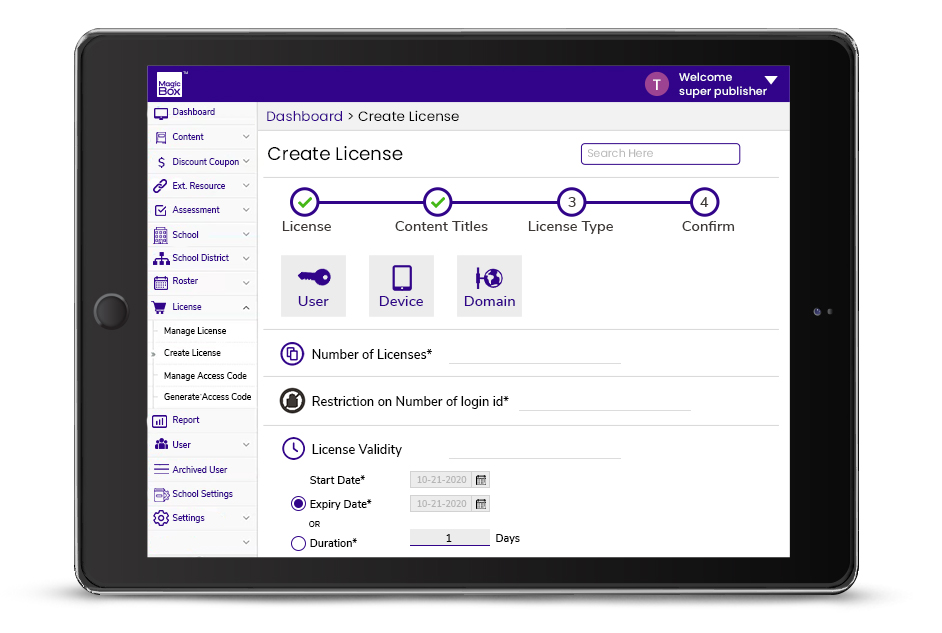
In addition, the use of robust encryption algorithms, such as AES 256 can help secure data on the apps used by students and teachers. AES (Advanced Encryption Standard) is a symmetric encryption algorithm used to secure sensitive but unclassified information. Moreover, additional best practices should be ensured, such as:
- Encryption of content accessed via eBook with AES-256
- AWS – S3 for signed URLs
- Amazon security standards, Amazon security groups for servers
- AWS firewalls for all servers
- SSL for secure transactions
In addition, specific licenses can be given based on the number of devices, users or domains allowed to access the content. Moreover, access can be granted for a specific timeframe or via access codes for individual users.
Download this whitepaper on Ensuring Compliance with Student Data Privacy Regulations to further understand various laws across the globe including COPPA, FERPA, GDPR that support student data privacy. It is of utmost importance for teachers and other stakeholders in educational institutions to thoroughly know about compliance laws and how student data can be used externally.
Additionally, institutions should be aware of the questions they should ask a vendor, before selecting education technology tools. A compliant platform like MagicBox ensures that students learn in a secure environment.
Conclusion
More than 80 nations worldwide are working on making student data privacy laws more stringent in the wake of the pandemic-led transition to remote learning. Therefore, establishing effective strategies for providing a secure learning environment is the way forward for schools and school districts.
To know more about how MagicBox™ can help you ensure compliance with data privacy laws along with industry standards, contact us today.

